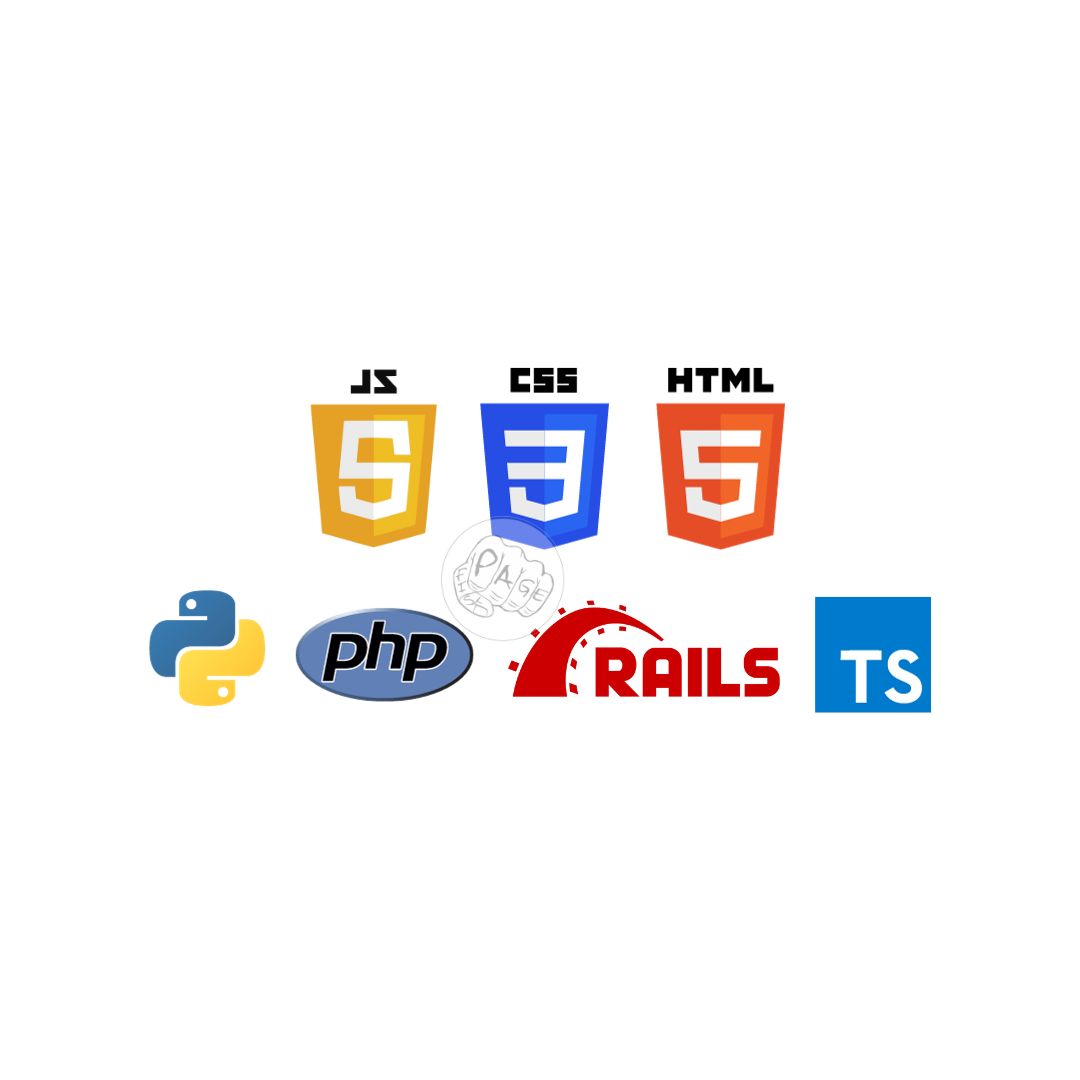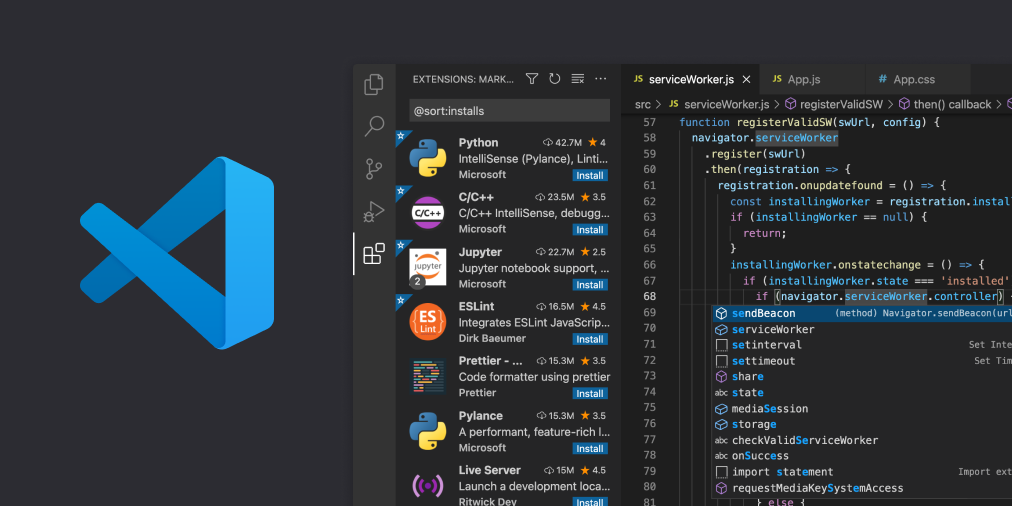Explain what are the key responsibilities of a Web Developer?
A web developer is a professional who designs, builds, and maintains websites and web applications.
Web development is a broad field that encompasses many aspects of creating and maintaining websites. A web developer is someone who uses various technologies and tools to design, build, and improve web applications and services. In this blog post, I will explain what are the key responsibilities of a web developer and what skills and knowledge they need to succeed in this profession.
A web developer's responsibilities can be divided into three main categories: front-end, back-end, and full-stack.
Front-end developers are responsible for creating the user interface of a website, which includes the layout, appearance, and functionality of the web pages. They use languages such as HTML, CSS, and JavaScript to code the elements that users see and interact with on the screen. They also use frameworks and libraries such as Bootstrap, React, or Angular to enhance the user experience and make the website more responsive and dynamic.
Back-end developers are responsible for creating the server-side logic of a website, which includes the data storage, processing, and security of the web application. They use languages such as PHP, Python, Ruby, or Java to write the code that communicates with databases, APIs, and other web services. They also use frameworks and tools such as Laravel, Django, Rails, or Spring to simplify the development process and ensure the quality and performance of the web application.
Full-stack developers are responsible for both front-end and back-end development. They have a comprehensive understanding of how the different layers of a web application work together and can handle any aspect of the development process. They are often involved in the planning, design, testing, and deployment of the web application.
A web developer's responsibilities may vary depending on the size and scope of the project, the client's requirements, and the developer's expertise. However, some common responsibilities that apply to most web developers are:
- Analyzing the client's needs and specifications and translating them into technical solutions
- Writing clean, efficient, and well-documented code that follows the best practices and standards of web development
- Testing and debugging the code to ensure its functionality and compatibility across different browsers and devices
- Collaborating with other developers, designers, and stakeholders to ensure the quality and usability of the web application
- Updating and maintaining the web application to fix bugs, improve performance, and add new features
To be a successful web developer, one needs to have a combination of technical skills, soft skills, and creativity. Some of the essential skills and knowledge that a web developer should have are:
- Proficiency in one or more programming languages used for web development
- Familiarity with various web technologies, frameworks, libraries, and tools used for web development
- Knowledge of web design principles such as user interface design, user experience design, accessibility, responsiveness, etc.
- Knowledge of web security principles such as encryption, authentication, authorization, etc.
- Knowledge of web development methodologies such as agile development, waterfall development, etc.
- Ability to work independently or as part of a team
- Ability to communicate effectively with clients and colleagues
- Ability to solve problems creatively and logically
- Ability to learn new skills and technologies quickly
Web development is a challenging but rewarding career that offers many opportunities for growth and innovation. A web developer can work in various industries such as e-commerce, education, entertainment, health care, etc. A web developer can also choose to specialize in a specific area of web development such as front-end development, back-end development, mobile development, etc. Web developers can also pursue further education or certification to enhance their skills and knowledge.
If you are interested in becoming a web developer or want to learn more about this profession, you can check out some of the online courses or resources available on platforms such as Coursera, Udemy, Codecademy, etc. You can also join some of the online communities or forums where you can interact with other web developers and learn from their experiences.
Share This Post
Related Articles
Top 5 Programming languages for Web development in 2024
Discover the top programming languages for web development in 2024 and make an informed choice to boost your web development journey. Explore JavaScript, Python, TypeScript, PHP, Ruby, and the fundamentals of HTML and CSS.
Visual Studio Code: A Powerful and Versatile Code Editor
Visual Studio Code is a powerful and versatile code editor that supports multiple languages, extensions, and debugging tools. It is designed to help developers create, test, and deploy high-quality applications with ease and efficiency. Whether you are working on web, mobile, desktop, or cloud projects, Visual Studio Code can help you streamline your workflow and enhance your productivity.
What is the Landing Page?
A landing page is a web page that is designed to capture the attention of visitors and persuade them to take a specific action, such as signing up for a newsletter, downloading a free ebook, or buying a product. Landing pages are usually focused on a single goal and have minimal distractions, such as navigation menus or links to other pages. Landing pages are often used in online marketing campaigns to increase conversions and generate leads.
Website Design Near Me @ Rs. 4900 – Website Designer Companies Near Me Get Low Cost Website Design in India @ Just ₹4900 with Free Domain, Hosting, and business Email IDs from India's No 1 Website Designing Company
Looking for top-notch Website Design Near Me services at an affordable rate? Look no further. At just ₹4900, you can get a website that not only looks great but is also equipped with essential features to boost your online presence.
Enhancing User Experience (UX) on Your Website: Unleash the Power of Design and Functionality
Discover the secrets to enhancing User Experience (UX) on your website! From design tips to navigation tricks, this article unveils the art of captivating users. Don't let your website be a maze make it a delightful journey!
Related FAQ
No related FAQ.
Say Hello
To Your Dream





